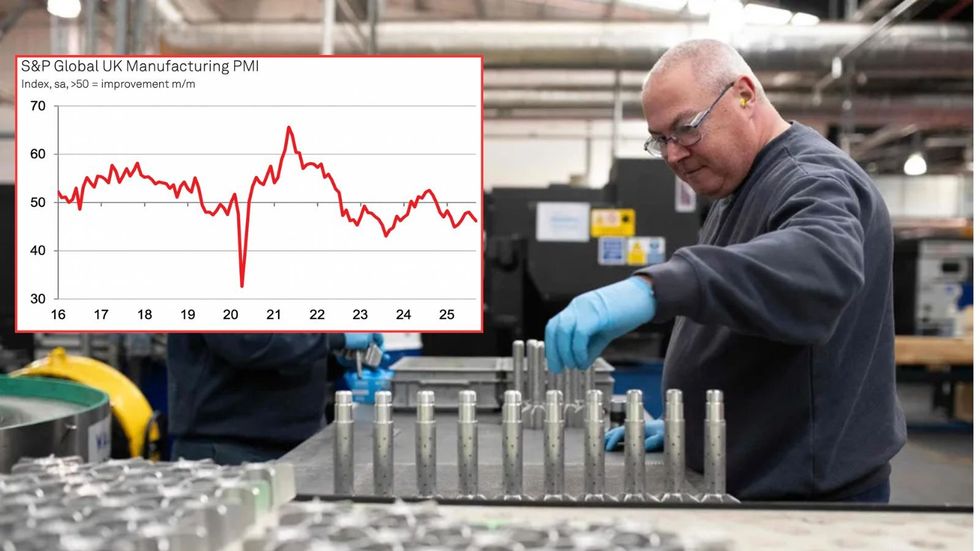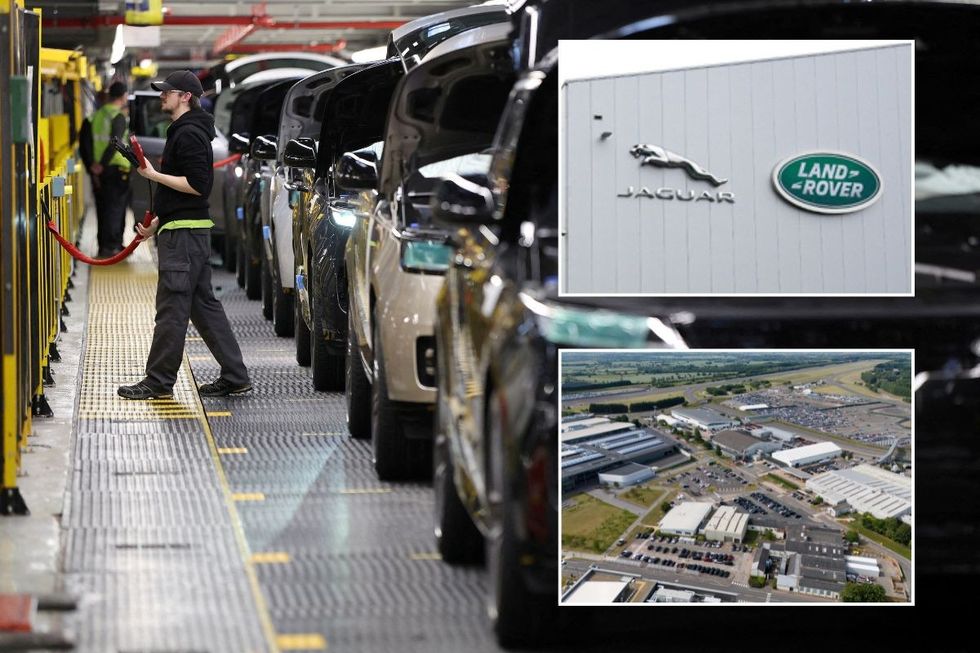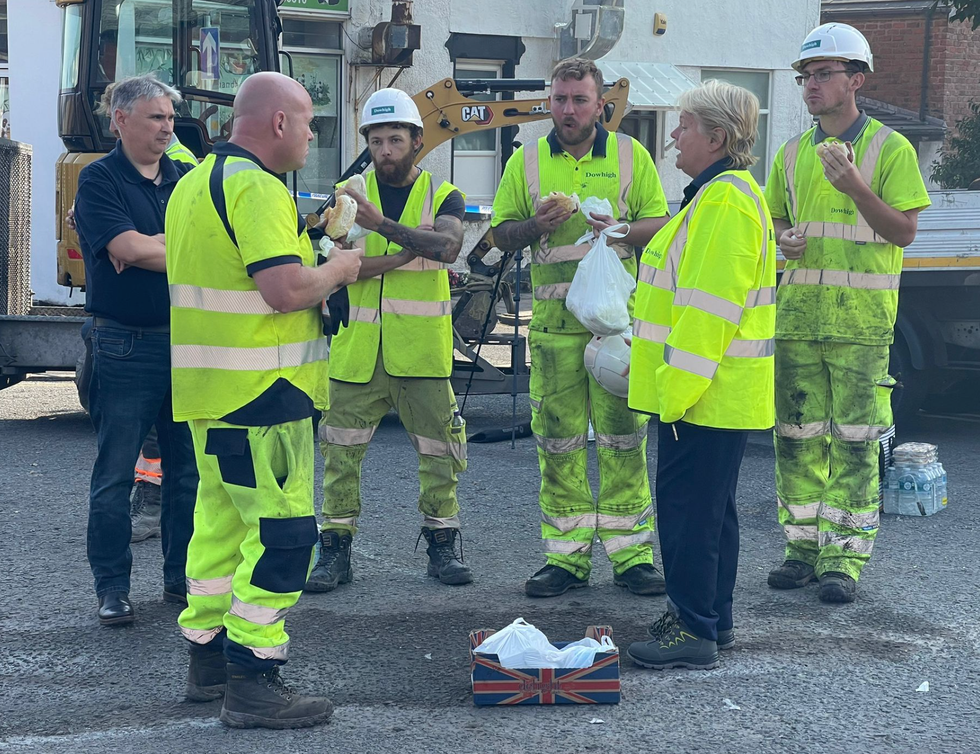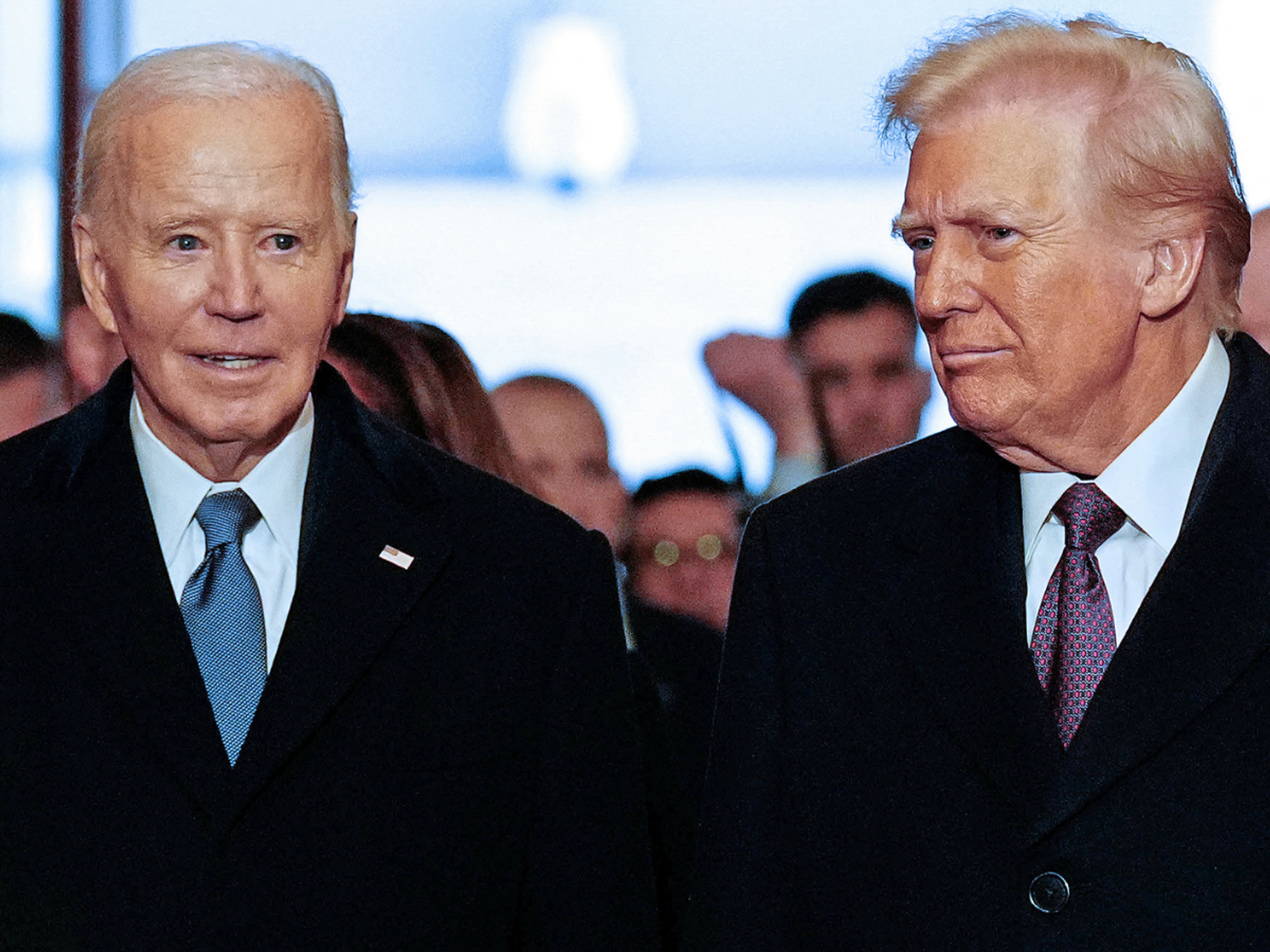UK economy turning into 'weak market' as British manufacturing plummets due to 'tax rises'

S&P Global survey shows output and orders fall to weakest level since April
Don't Miss
Most Read
Latest
Britain's manufacturing sector recorded its sharpest contraction in five months during September, with the S&P Global purchasing managers' index dropping to 46.2 from 47.0 in August.
The figure matched analysts' forecasts but reinforced concerns about industrial weakness across the country.
The reading remained firmly below the 50-point threshold that separates expansion from contraction, signalling ongoing difficulties for manufacturers.
This deterioration marked the sector's poorest performance since April, and highlighted persistent challenges facing the nation's industrial base.
TRENDING
Stories
Videos
Your Say
Manufacturing accounts for about 9 per cent of Britain's economic output. Production levels fell to a six-month low as firms scaled back operations in response to weakening order books.
Orders have now declined for 12 consecutive months.
September brought one of the steepest drops in two years, with subdued demand reported both at home and abroad.
Export orders were particularly weak, reflecting global uncertainty and concerns over potential American tariff policies.
The output component of the index fell to 45.7 from 49.3 in August, its lowest in half a year.

A survey by S&P Global indicates that both output and new orders have declined to their lowest levels since April
|GETTY
Rob Dobson, the director at S&P Global Market Intelligence, said: "The final Manufacturing PMI results provide further worrying news for the health of UK industry."
He added: "Manufacturers are facing an increasingly challenging environment, with intakes of new business and levels of production hit by weak market sentiment, a dearth of new export work and a high-cost environment exacerbated by tax and labour cost rises."
Mr Dobson also highlighted difficulties in the automotive sector: "Companies entwined into the autos supply chain are also facing a temporary hit to activity following the cyber-attack on JLR."
Manufacturers responded to shrinking order books by reducing production volumes.

Jaguar Land Rover were devastated by a cyber-attack
| REUTERS/JLR/PAWeak sentiment spread across the sector, with firms reporting lacklustre demand in both domestic and international markets.
The continued contraction contrasts with official statistics - showing modest growth in the second quarter, underscoring the divergence between recent Government data and current business conditions.
Several factors have been attributed to the downturn.
Businesses cited higher employment taxes, minimum wage increases and past energy price surges as major pressures.

Many described the combination of fiscal pressures, rising labour costs and energy expenses as creating an increasingly hostile environment for manufacturers
| GB NEWSMany described the combination of fiscal pressures, rising labour costs and energy expenses as creating an increasingly hostile environment for manufacturers.
His comments reflect the breadth of challenges facing manufacturers, from structural economic pressures to unexpected digital security threats.
The manufacturing workforce continued its decline, with staff numbers reduced for the eleventh straight month.
Companies expressed concern ahead of the autumn budget, pointing to last year’s rise in social security contributions.
LATEST DEVELOPMENTS:
Firms across multiple industries introduced job cuts, citing higher employment levies, wage floor increases and the lingering impact of energy costs.
Despite the bleak employment picture, September brought some relief on inflation. Input costs and prices charged by manufacturers rose at their slowest pace in nine months.
The sustained job losses underline efforts by firms to control expenses in an environment of weakening demand and mounting costs.
With order books shrinking and production scaling back, Britain's industrial sector appears set for further difficulties as autumn progresses.
More From GB News










